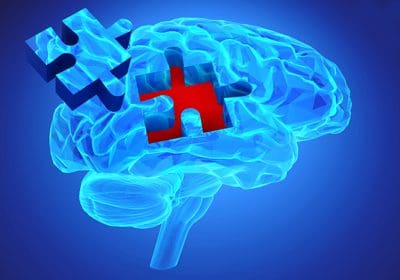 Through exploring the way drugs and alcohol act on the brain’s chemistry, scientists have come a long way in understanding addiction.
Through exploring the way drugs and alcohol act on the brain’s chemistry, scientists have come a long way in understanding addiction.
They have found that long-term drug use leads to changes in the brain, especially in areas that are crucial to a person’s judgment, decision-making, learning, and behavior control.
Even though science has a new and better understanding of addiction, the problem continues to plague people of all walks of life. People begin using or experimenting with addictive substances for many different reasons. Some individuals experiment at a young age, for purposes of having fun and feeling good. Others use drugs and alcohol in an attempt to manage stress, anxiety, and/or depression. A large number of people who wind up addicted to narcotics were prescribed medication by their doctors for easing pain. However, not everyone who uses drugs becomes addicted to them. What makes the difference? Researchers believe a tendency to develop addiction problems is caused by a combination of factors, including individual biology, social environment, and age or stage of development.
According to the National Institute on Drug Abuse (NIDA), our genes account for about half of our addiction vulnerability while gender, ethnicity, and the presence of other mental disorders may further heighten risk for drug abuse and addiction. Environmental factors such as socioeconomic status, peer and or family pressures, and the presence of physical and/or sexual abuse can also influence a person’s disposition toward drug and alcohol abuse, and ultimately addiction. Researchers have also found a correlation between addiction and earlier instances of substance abuse. Simply put, the earlier a person begins using and abusing addictive substances, the more likely they are to develop an addiction.
Addiction is a treatable disease just like diabetes.
While there is no cure, addiction can be successfully managed, and individuals can go on to lead fulfilling and productive lives. Furthermore, substance abuse and addiction are preventable. Education and outreach are vital to help people understand the many risks of drug and alcohol use. Understanding addiction can mean the difference in who becomes addicted.
If you or someone you love is in need of alcohol or drug treatment, contact us anytime at (713) 769-0102. We are here to help.
Reference:
Drug Abuse, Addiction, and the Brain – WebMD. (n.d.). Retrieved April, 2017.
Understanding Drug Abuse and Addiction. (n.d.). Retrieved April, 2017.






 Through exploring the way drugs and alcohol act on the brain’s chemistry, scientists have come a long way in understanding addiction.
Through exploring the way drugs and alcohol act on the brain’s chemistry, scientists have come a long way in understanding addiction.

